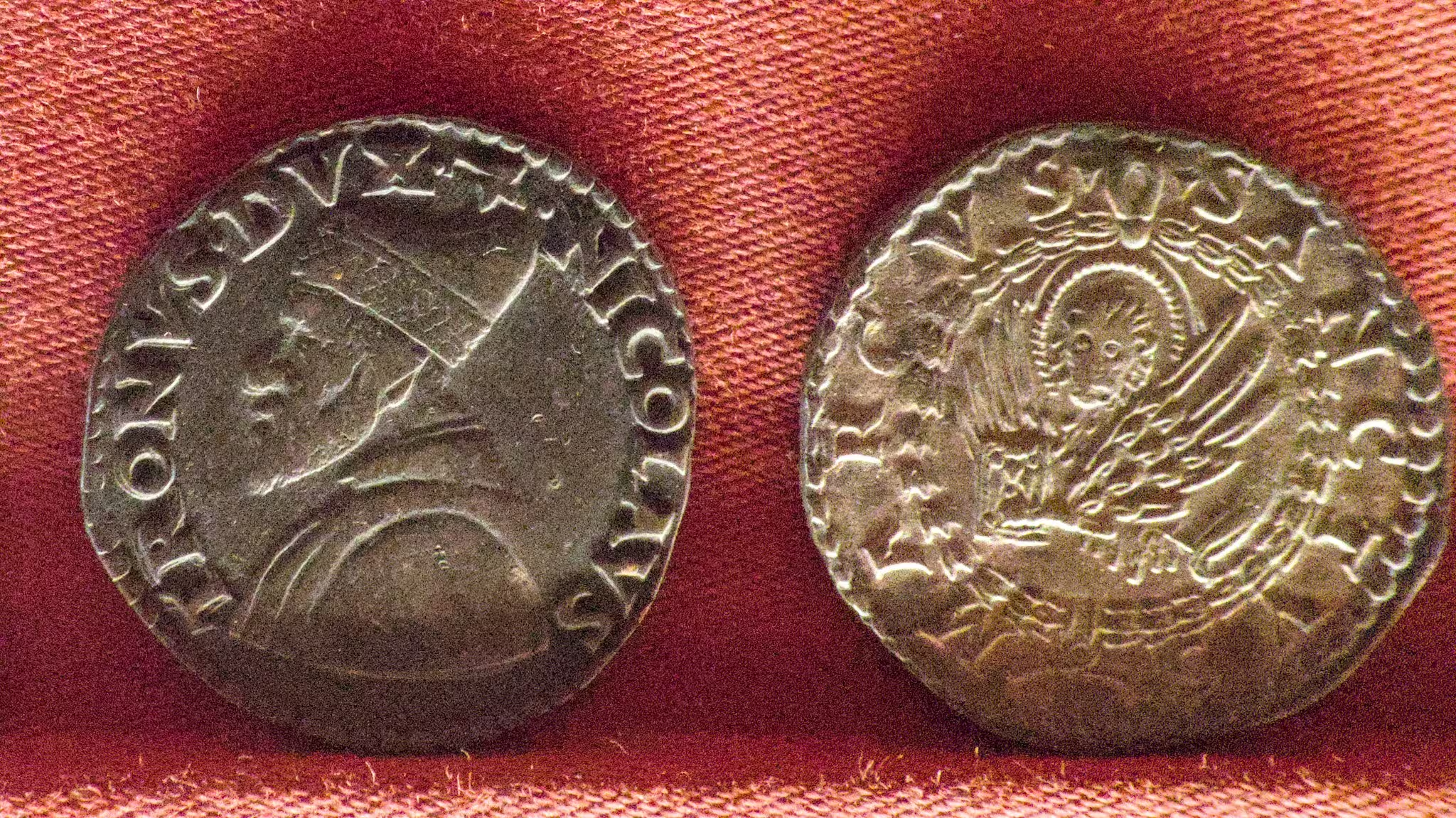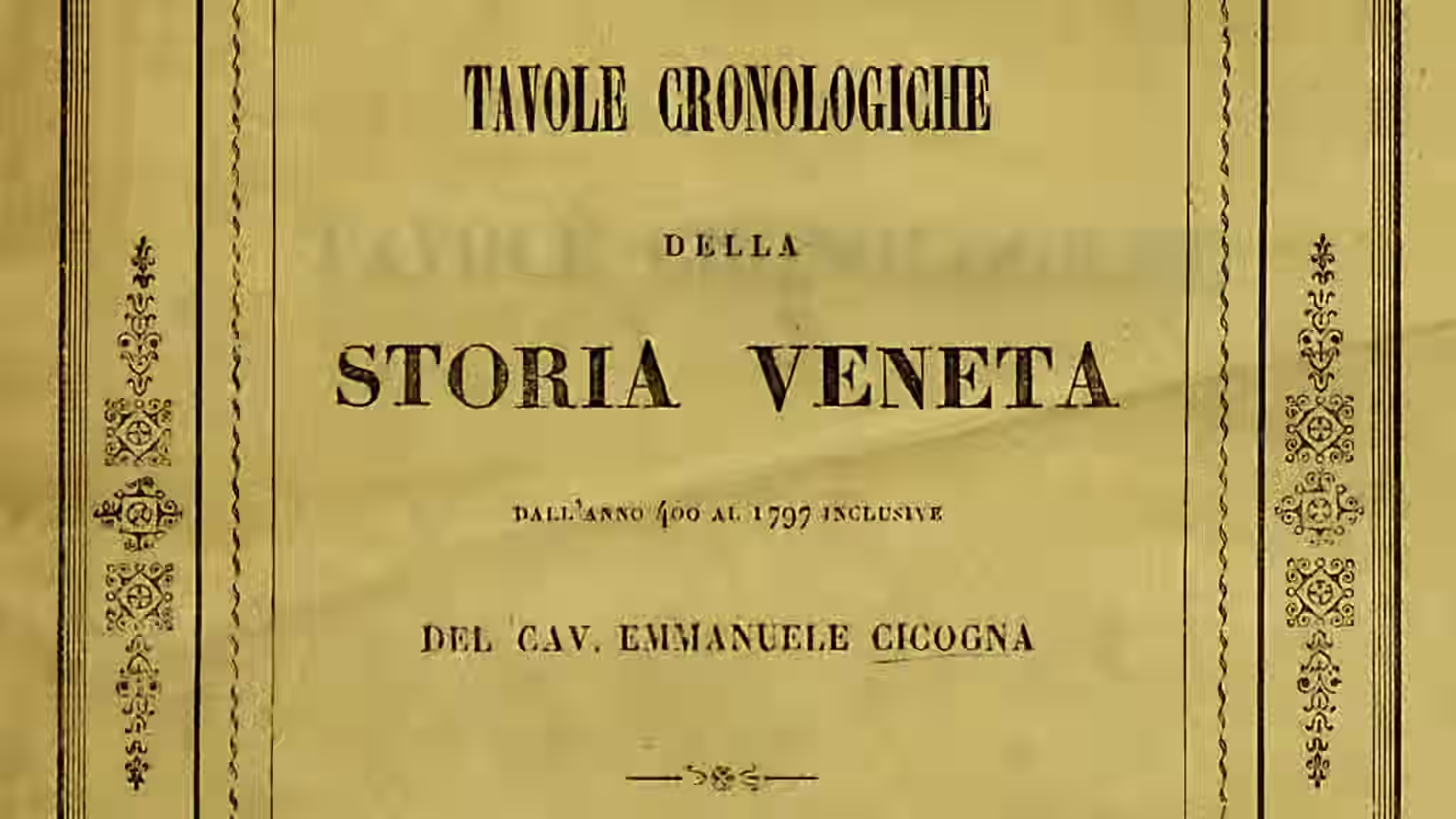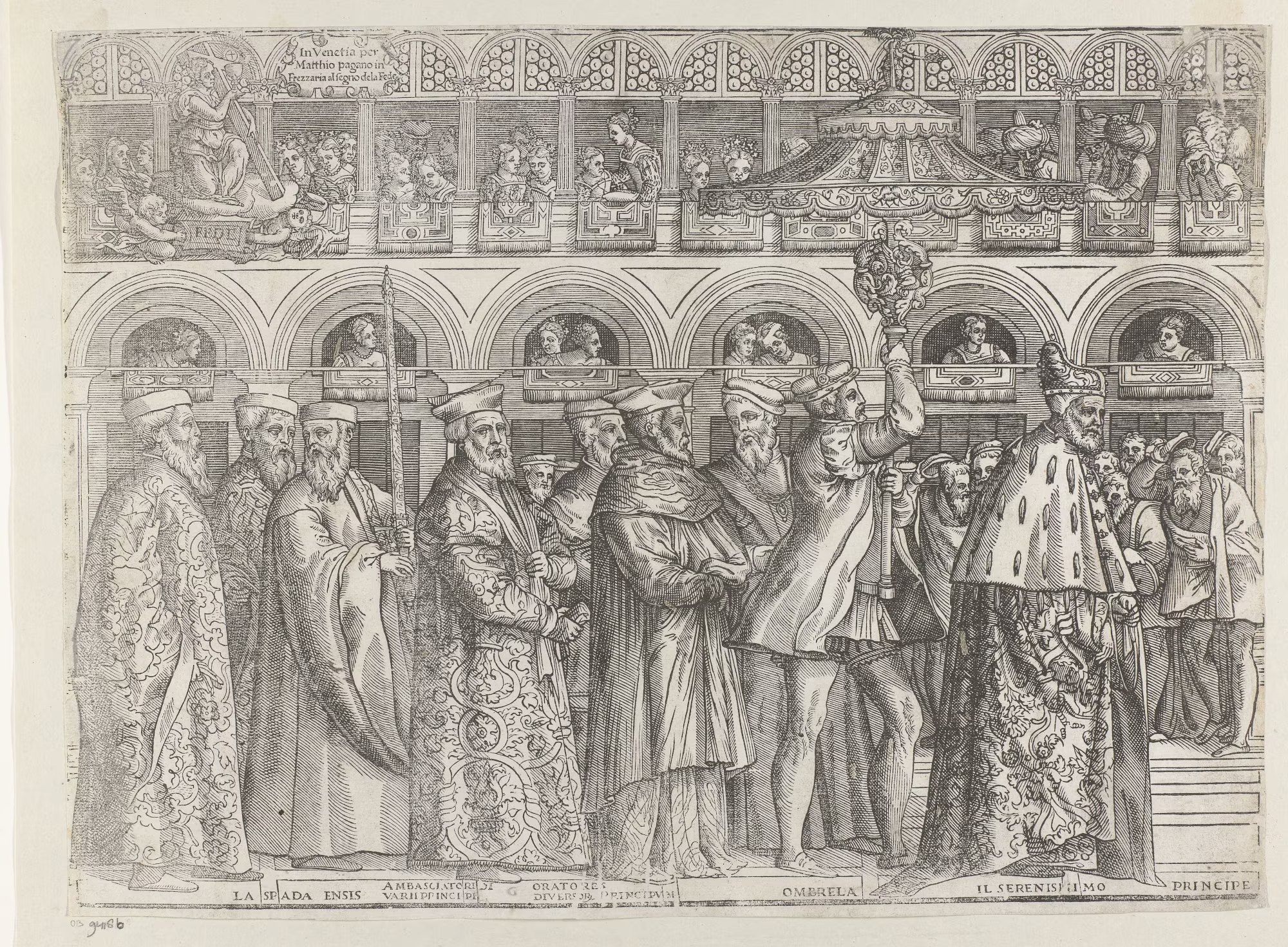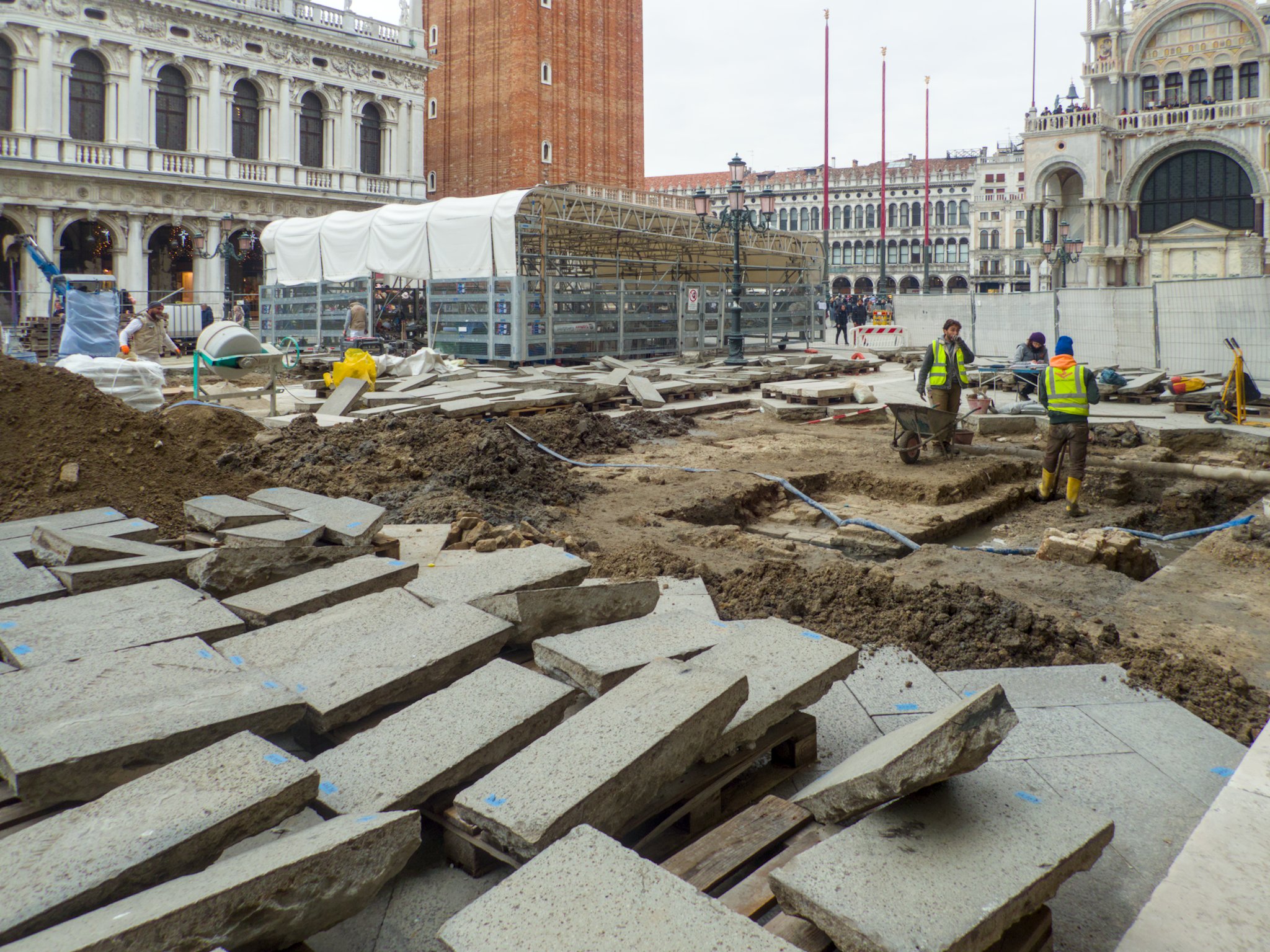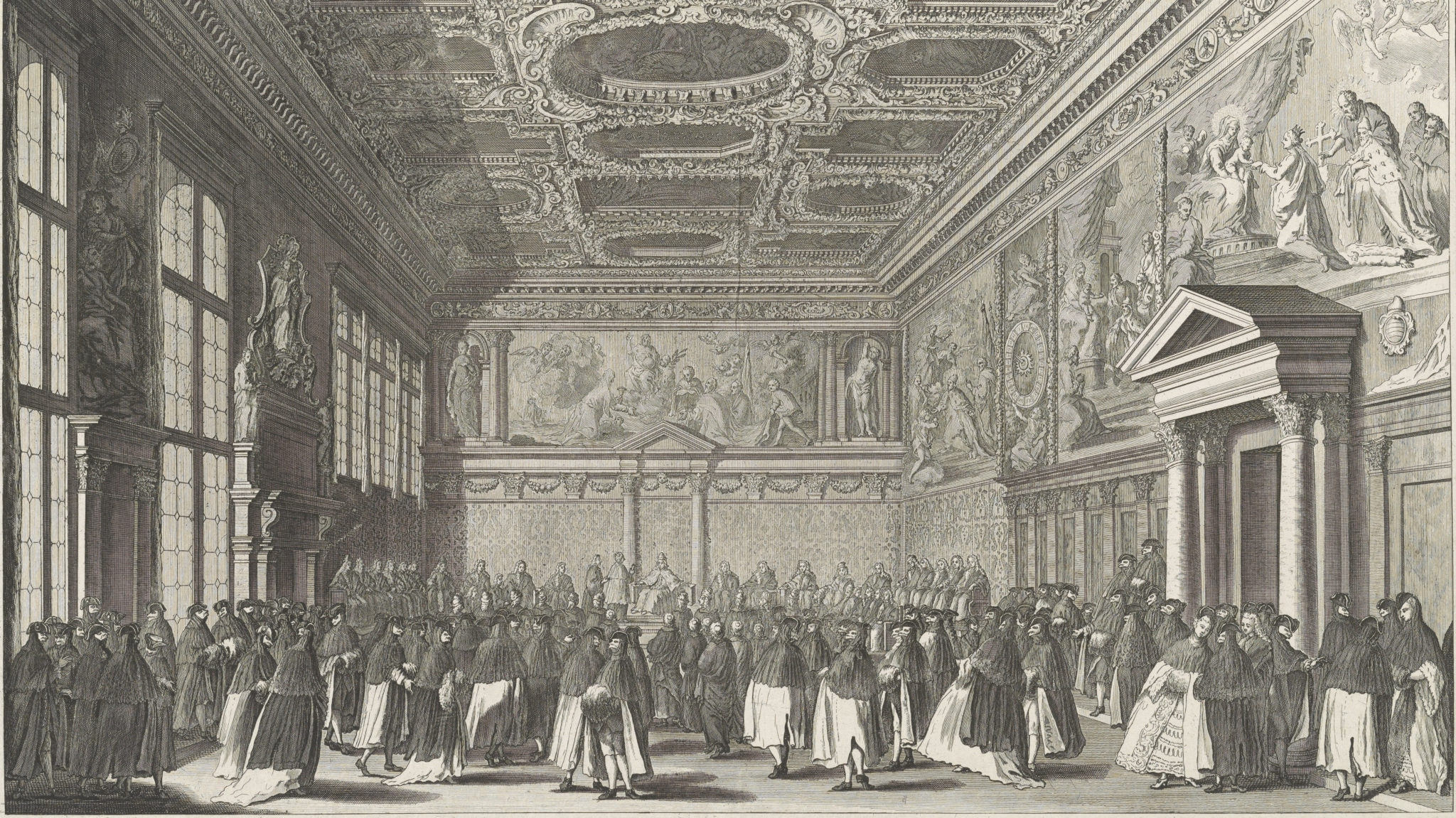La Serenissima
La Serenissima — the utmost serene — is one of the many nicknames for Venice, and especially the Venetian Republic which existed from the late 600s until 1797.
-
Venetian coinage
The Republic of Venice issued a wide range of coins, of many, and changing, denominations, including the ducato, scudo, soldo, lira, and many more.
-
The fall of the Republic
May 12th is the anniversary of the fall of the Republic of Venice in 1797, which in many ways was a quite unique event.
-
Cronologia della Storia Veneta
Cronologia della storia veneta dall’anno 400 al 1797 inclusive, tratto da un opuscolo di Emmanuele Cicogna.
-
Brick pavements at St Mark
Current digs in the Piazza San Marco reveal the ancient brick pavings of the square, as we know them from paintings.
-
Citizen of the Republic of Venice
Being a citizen of the Republic of Venice could mean different things, mostly depending on the conditions of your birth
-
The Republic of Venice
The Republic of Venice never had an actual formal constitution, much less a written constitution. Neither did it have any kind of foundational event.

